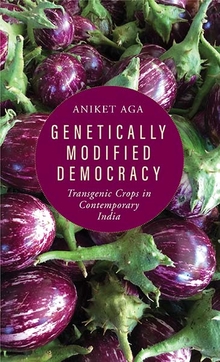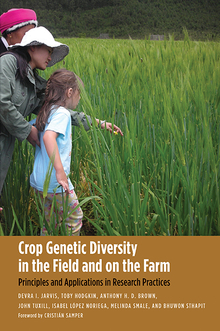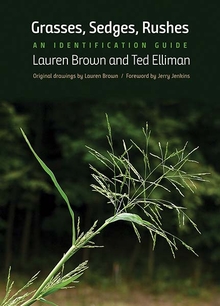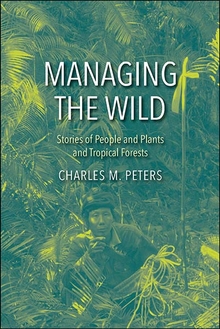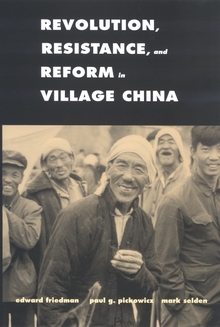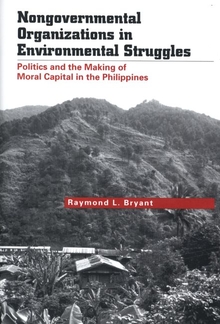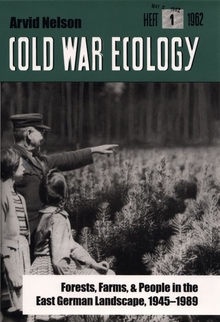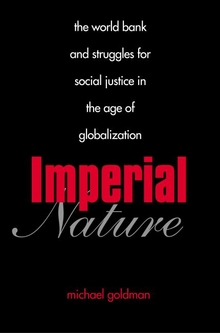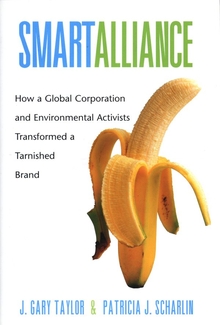Genetically Modified Democracy
WARNING
You are viewing an older version of the Yalebooks website. Please visit out new website with more updated information and a better user experience: https://www.yalebooks.com
Transgenic Crops in Contemporary India
Aniket Aga
How the debate over genetically modified crops in India is transforming science and politics
Genetically modified or transgenic crops are controversial across the world. Advocates see such crops as crucial to feeding the world’s growing population; critics oppose them for pushing farmers deeper into ecological and economic distress, and for shoring up the power of agribusinesses. India leads the world in terms of the intensity of democratic engagement with transgenic crops. Anthropologist Aniket Aga excavates the genealogy of conflicts of interest and disputes over truth that animate the ongoing debate in India around the commercial release of transgenic food crops. The debate may well transform agriculture and food irreversibly in a country already witness to widespread agrarian distress, and over 300,000 suicides by farmers in the last two decades. Aga illustrates how state, science, and agrarian capitalism interact in novel ways to transform how democracy is lived and understood, and sheds light on the dynamics of technological change in populous, unequal polities.
Aniket Aga is an associate professor of environmental studies at Ashoka University in Sonipat, Haryana, India. His research on science, politics, and agrarian change in India won the 2016 Sardar Patel Award from UCLA, and the 2019–20 Bharadwaj‑Wolf Prize from the Journal of Peasant Studies.
Publication Date: November 23, 2021
3 b/w illus.

